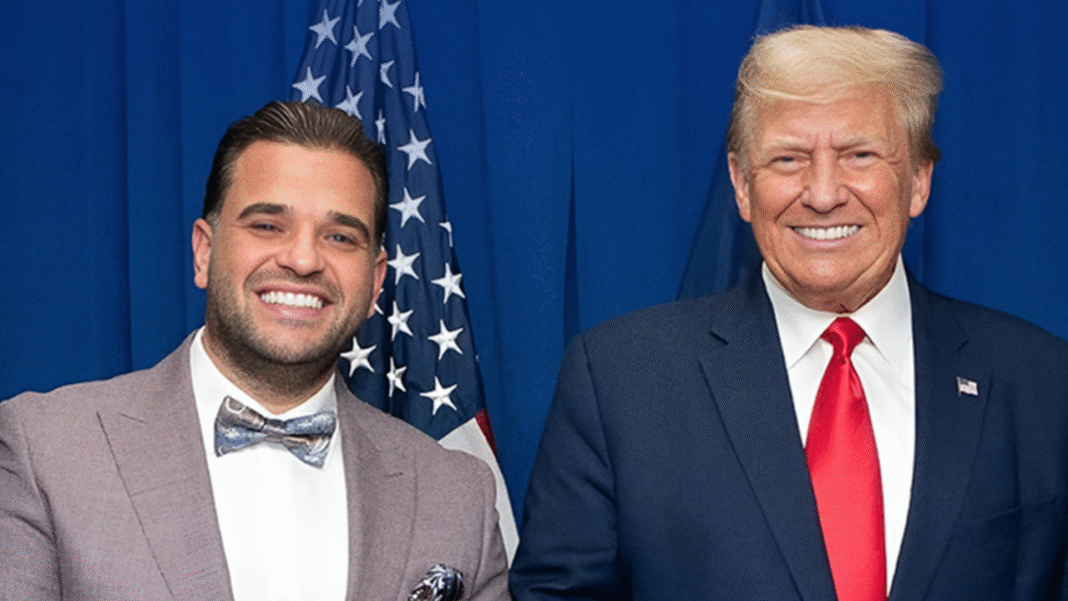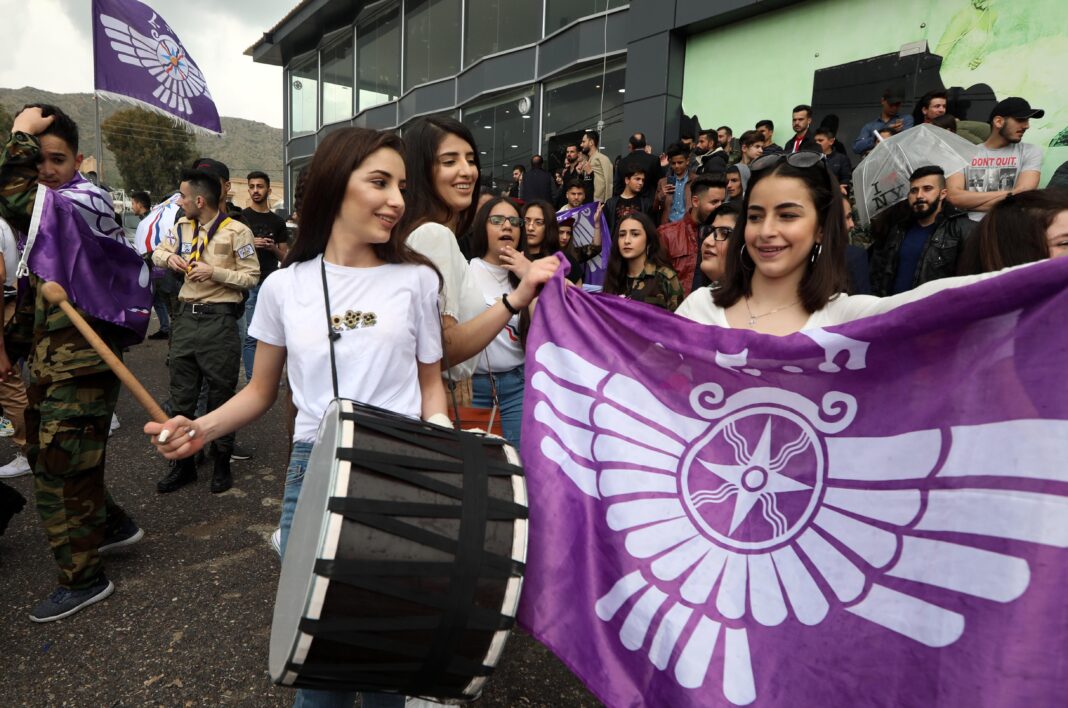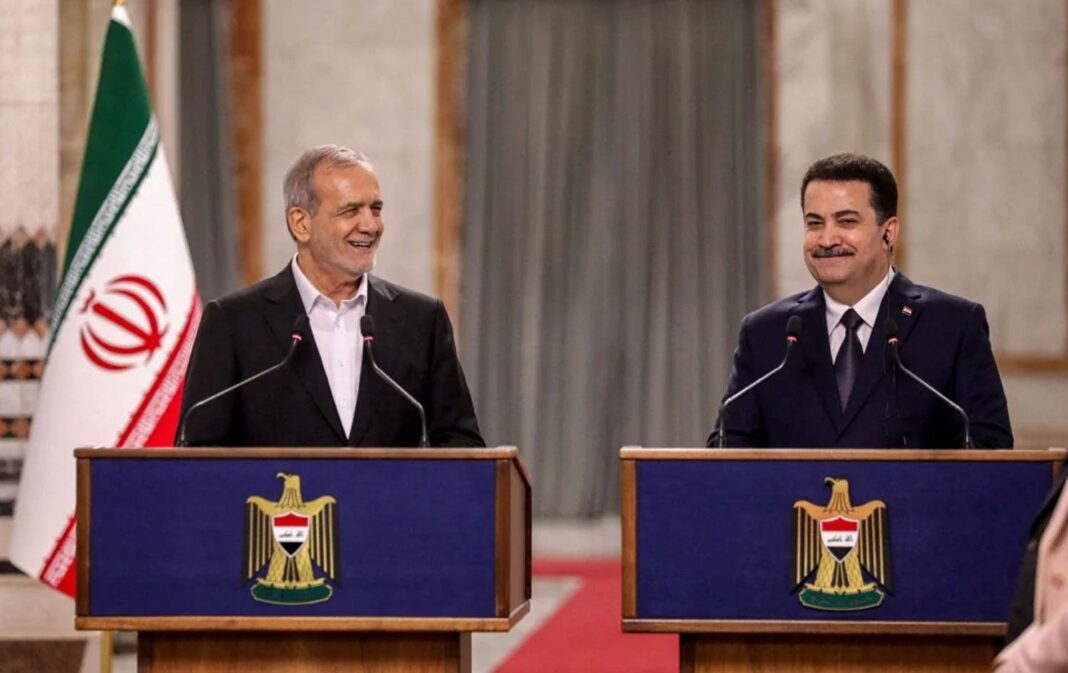Iraq’s Democratic Future gained renewed international support on Thursday when US Presidential Envoy to Iraq Mark Savaya praised the country’s latest parliamentary elections. He expressed strong approval for Iraq’s commitment to sovereignty, reform, and reduced foreign interference. Moreover, he emphasized Washington’s readiness to deepen cooperation with Baghdad.
Savaya released a detailed statement addressing the election results. He said the United States supports Iraq’s sovereignty and the government’s ongoing reform efforts. Furthermore, he welcomed the steps taken to reduce external pressure on national decision-making. He noted that the peaceful completion of the vote strengthens Iraq’s Democratic Future and signals growing political maturity.
Savaya also commended Iraqi citizens for their role in the electoral process. He stressed that Iraqis demonstrated clear dedication to freedom and the rule of law and added that their participation reflects a strong desire for stable institutions and accountable leadership. His remarks underscored the importance of civic engagement in shaping Iraq’s Democratic Future.
Savaya described the election outcome as an important step toward greater stability. He pointed out that democratic progress requires consistent effort and shared responsibility. Additionally, he affirmed Washington’s intention to work closely with the incoming government. He highlighted cooperation in security, energy, and development as central pillars of the bilateral partnership. He also expressed confidence that stronger ties will support long-term regional stability.
The envoy shared his statement publicly on social media. He attached an official letter describing Washington’s position on the vote. His message gained wide attention in policy circles and regional media outlets.
Iraq concluded its sixth parliamentary elections since 2003 on Tuesday. The Independent High Electoral Commission reported voter turnout above 56 percent. This turnout signaled renewed public interest in political participation. Furthermore, it suggested rising trust in the electoral system after years of reforms.
Prime Minister Mohammed Shia al-Sudani’s Reconstruction and Development bloc achieved major success in several provinces. The bloc secured a lead in eight of Iraq’s eighteen provinces. Observers expect the detailed seat allocation soon. Analysts anticipate strong competition as parties negotiate alliances.
Despite political challenges, Iraq continues pushing forward with governance reforms. The election results will shape upcoming debates on security, service delivery, and economic planning. However, the government faces pressure to deliver tangible improvements. Many citizens expect immediate progress in daily services and job creation.
Nevertheless, the latest vote highlights ongoing movement toward greater political stability. The United States views this progress as meaningful and necessary. As cooperation deepens, both governments will face opportunities and challenges. Yet the momentum suggests a more confident Iraqi trajectory.



